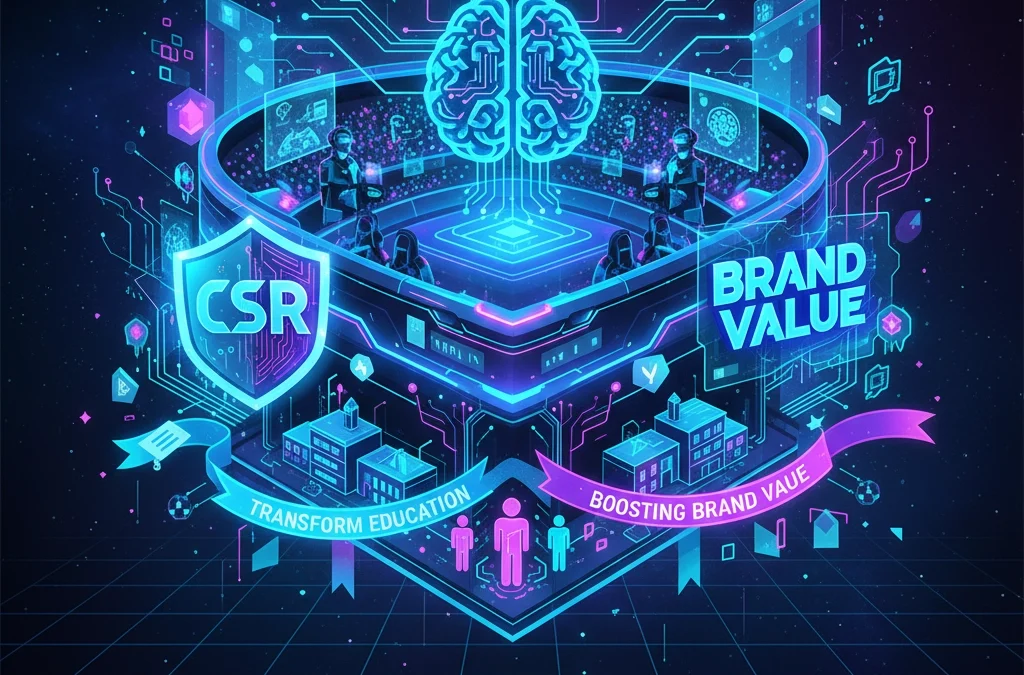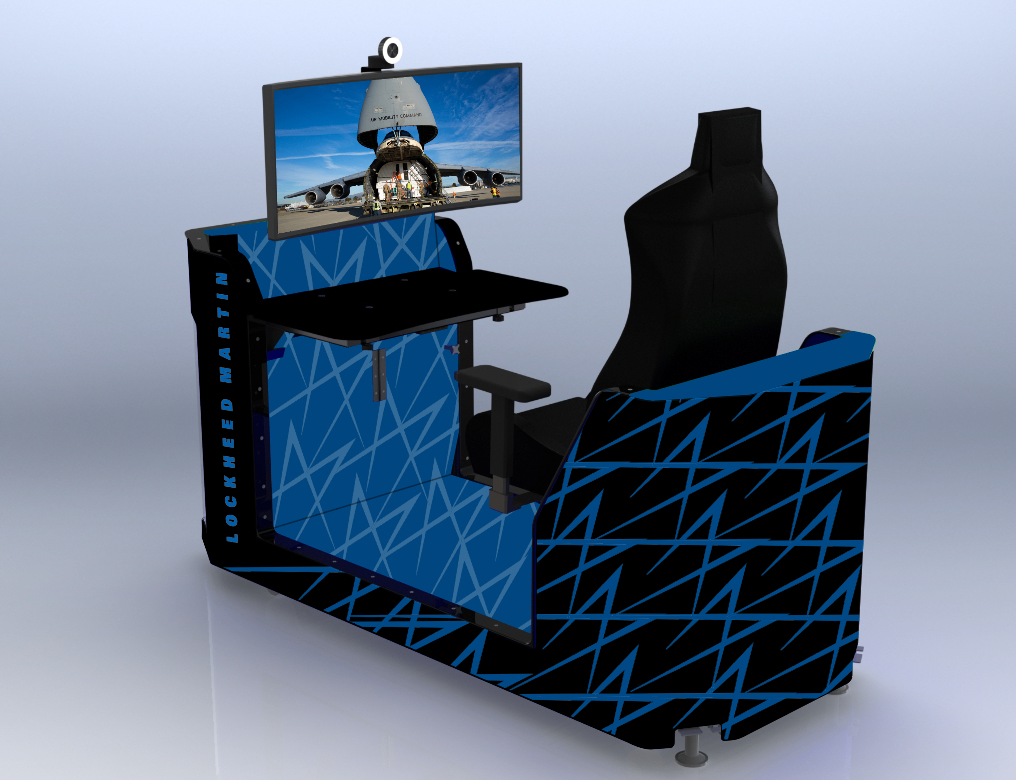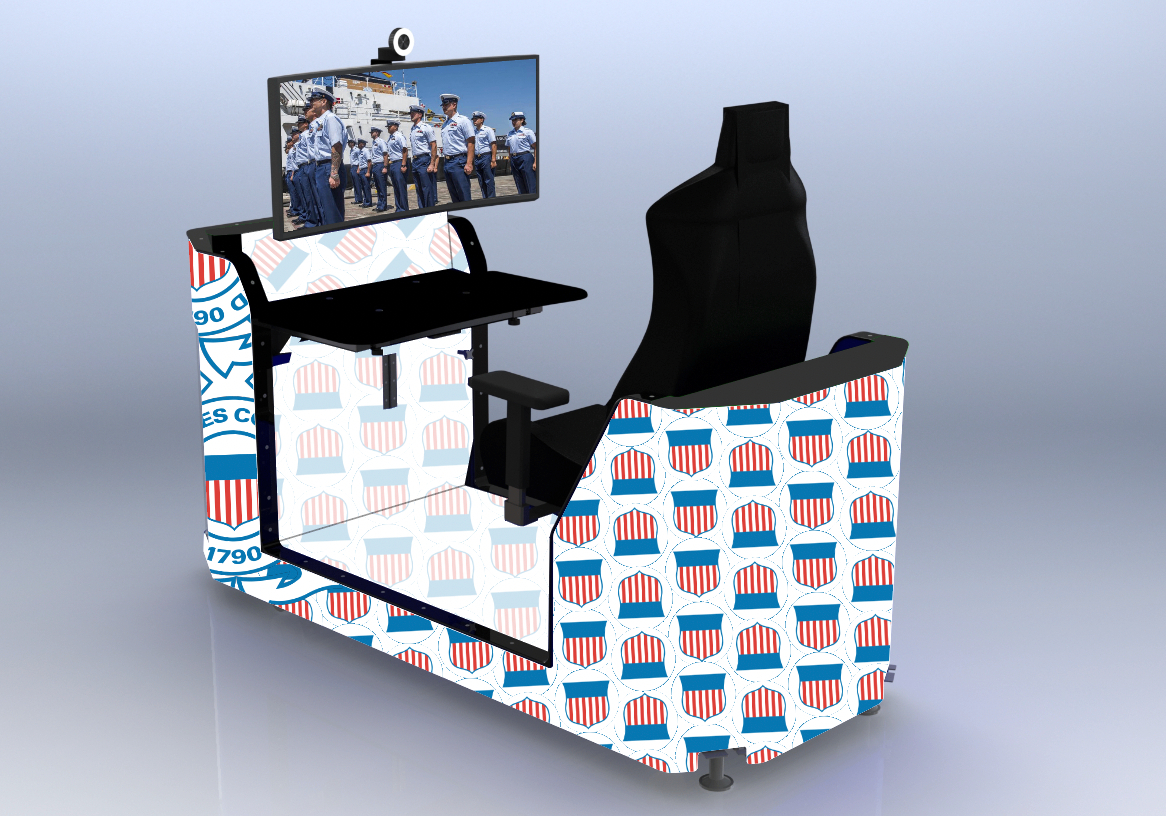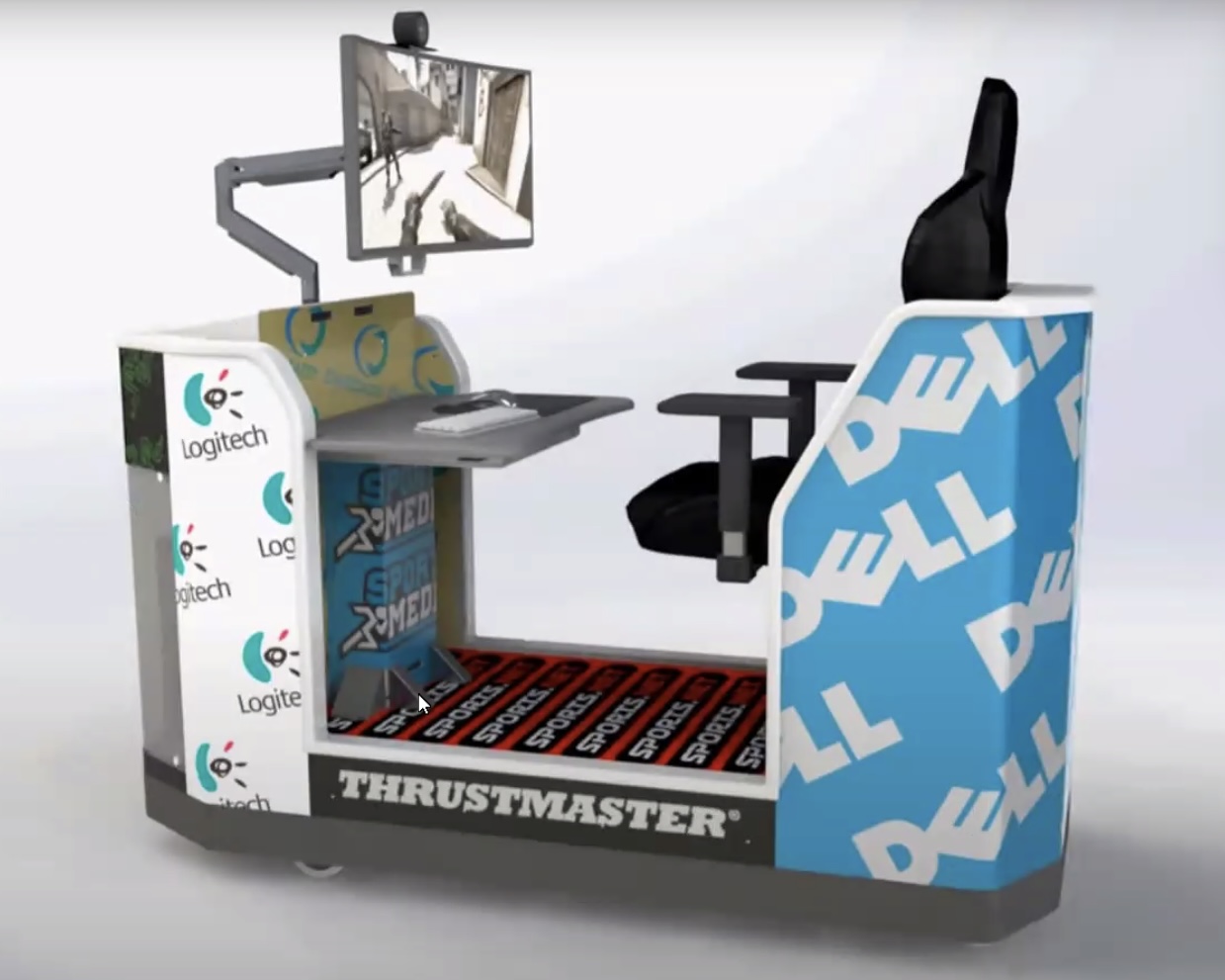Corporate Social Responsibility through esports represents the most dynamic convergence of brand marketing, social impact, and educational innovation available to Fortune 5000 companies today. As the global esports market continues its unprecedented expansion: projected to reach $1.87 billion by 2025: forward-thinking organizations are discovering how strategic sponsorship initiatives can simultaneously revolutionize educational outcomes while delivering exceptional brand value returns.
Unlike traditional CSR programs that often struggle to demonstrate tangible impact, esports-based corporate responsibility creates measurable educational transformation while engaging directly with the most coveted demographic: digitally-native Gen Z consumers who will comprise 27% of the workforce by 2025.
The Educational Revolution Through Strategic Esports Sponsorship
Bridging the Skills Gap with Simulation-Based Learning
Today's educational landscape faces a critical challenge: preparing students for careers that don't yet exist. Esports sponsorship through specialized educational platforms addresses this gap by providing hands-on experience with cutting-edge technology, collaborative problem-solving, and digital literacy development.
Consider the transformative impact of simulation-based learning environments. When Fortune 5000 companies sponsor custom esports pods in high schools, they're not merely placing logos on gaming equipment: they're creating immersive educational experiences that teach students everything from aerospace engineering principles to cybersecurity protocols.
Professional Pathway Development represents perhaps the most compelling educational benefit. Students engaged in sponsored esports programs develop skills directly applicable to modern careers: strategic thinking, real-time decision making, team coordination, and technical proficiency. These competencies translate seamlessly into roles across industries, from logistics and supply chain management to software development and project coordination.
STEM Integration Through Gaming Technology
The integration of Science, Technology, Engineering, and Mathematics concepts through esports creates unprecedented learning opportunities. Students working with flight simulators, for example, naturally absorb principles of physics, mathematics, and engineering while developing practical skills in problem-solving and critical analysis.
This approach addresses a fundamental challenge in traditional STEM education: student engagement. When complex mathematical concepts are applied to achieve objectives in competitive gaming environments, students demonstrate dramatically improved retention rates and practical application abilities.
Maximizing Brand Value Through Strategic CSR Implementation
Authentic Community Integration and Long-Term Brand Building
Successful esports CSR initiatives transcend traditional sponsorship models by creating genuine value for educational communities. Companies like Intel have demonstrated how sustained investment in esports infrastructure generates both immediate brand recognition and long-term loyalty among target demographics.
Key Brand Value Drivers Include:
- Increased Brand Communication Effectiveness: Esports environments provide natural integration opportunities where brand messaging becomes part of the educational experience rather than intrusive advertising
- Enhanced Brand Recognition: Consistent exposure through educational programming creates positive brand associations with learning, growth, and opportunity
- Improved Brand Perception: Association with educational advancement positions companies as forward-thinking industry leaders committed to societal benefit
Corporate Digital Responsibility: The Next Frontier
Modern CSR initiatives must address Corporate Digital Responsibility (CDR) alongside traditional social responsibility metrics. Esports sponsorship provides unique opportunities to promote digital citizenship, online ethics, and responsible technology use among student participants.
Programs focusing on positive online behavior, digital wellness, and cybersecurity awareness demonstrate genuine commitment to societal wellbeing while addressing critical 21st-century challenges. This comprehensive approach to responsibility resonates particularly strongly with Gen Z audiences who prioritize authentic corporate values.
Strategic Implementation Framework for Maximum Impact
Multi-Stakeholder Engagement Programs
Effective esports CSR requires coordination across multiple stakeholder groups: students, educators, parents, and community leaders. Successful programs create value for each constituency while advancing overall educational objectives.
For Students: Career pathway exploration, skill development, and competitive engagement opportunities
For Educators: Innovative teaching tools, curriculum integration resources, and professional development support
For Parents: Transparency into educational value, career preparation benefits, and positive peer interaction
For Communities: Economic development opportunities, technology access, and workforce preparation initiatives
Measuring Success Through Comprehensive Metrics
Advanced CSR programs track both educational outcomes and brand performance indicators to demonstrate comprehensive value creation:
Educational Impact Metrics:
- Student skill development assessments
- Career pathway engagement rates
- Academic performance improvements
- Long-term professional placement tracking
Brand Value Indicators:
- Brand recognition surveys among target demographics
- Community sentiment analysis
- Engagement rate measurements across digital platforms
- Competitive differentiation assessments
Industry Success Stories: Learning from CSR Leaders
Military Branch Partnerships: Education Through Simulation
Military organizations have pioneered effective esports CSR models by creating educational simulation experiences that teach students about career opportunities while developing practical skills. These partnerships demonstrate how specialized training simulations can serve dual purposes: recruitment awareness and valuable education.
Key Success Factors:
- Authentic educational content that provides genuine value regardless of career interest
- Professional-grade equipment that creates aspirational learning environments
- Curriculum integration that supports existing educational objectives
- Measurable skill development outcomes
Technology Company Innovation Models
Leading technology companies have established comprehensive CSR programs that extend far beyond traditional sponsorship. These initiatives include equipment provision, curriculum development, educator training, and ongoing technical support.
The most successful programs create sustainable educational ecosystems where corporate sponsorship enables continuous program improvement and expansion. This approach generates compound returns through sustained community engagement and positive brand association.
Implementation Best Practices for Fortune 5000 Companies
Start with Authentic Community Understanding
Successful esports CSR begins with deep comprehension of educational community needs and gaming culture dynamics. Companies must invest in understanding both the technical requirements of effective esports programming and the social dynamics of gaming communities.
Essential Preparation Steps:
- Conduct comprehensive needs assessments with educational partners
- Engage with existing gaming communities to understand cultural expectations
- Develop authentic value propositions that benefit all stakeholders
- Create sustainable funding and support models for long-term impact
Develop Comprehensive Partnership Frameworks
Effective programs require structured partnerships that clearly define roles, responsibilities, and success metrics for all participants. This includes educational institutions, technology providers, community organizations, and corporate sponsors.
Partnership Elements:
- Equipment and technology provision
- Curriculum development and integration support
- Educator training and ongoing professional development
- Student mentorship and career guidance programs
- Community engagement and family education initiatives
The Competitive Advantage of Early Adoption
Organizations implementing comprehensive esports CSR programs today position themselves advantageously for the evolving competitive landscape. As traditional advertising effectiveness continues declining among younger demographics, authentic community engagement through educational improvement becomes increasingly valuable.
Strategic Advantages Include:
- First-mover advantage in emerging educational markets
- Direct relationship development with future workforce candidates
- Positive brand association with innovation and educational advancement
- Measurable community impact that supports broader CSR objectives
Transforming Your CSR Strategy Through Esports Partnership
The convergence of corporate social responsibility and esports represents an unprecedented opportunity for Fortune 5000 companies to drive meaningful educational transformation while building authentic brand relationships with next-generation consumers and workforce participants.
Companies ready to revolutionize their CSR approach through strategic esports partnerships will find themselves positioned as industry leaders in both social impact and innovative marketing. The question isn't whether esports will transform corporate responsibility: it's whether your organization will lead this transformation or follow from behind.
Ready to discover how your company can transform education while building lasting brand value through strategic esports CSR partnerships? Contact EsportsPod today to explore customized solutions that deliver measurable impact for both your educational community and your corporate objectives.






